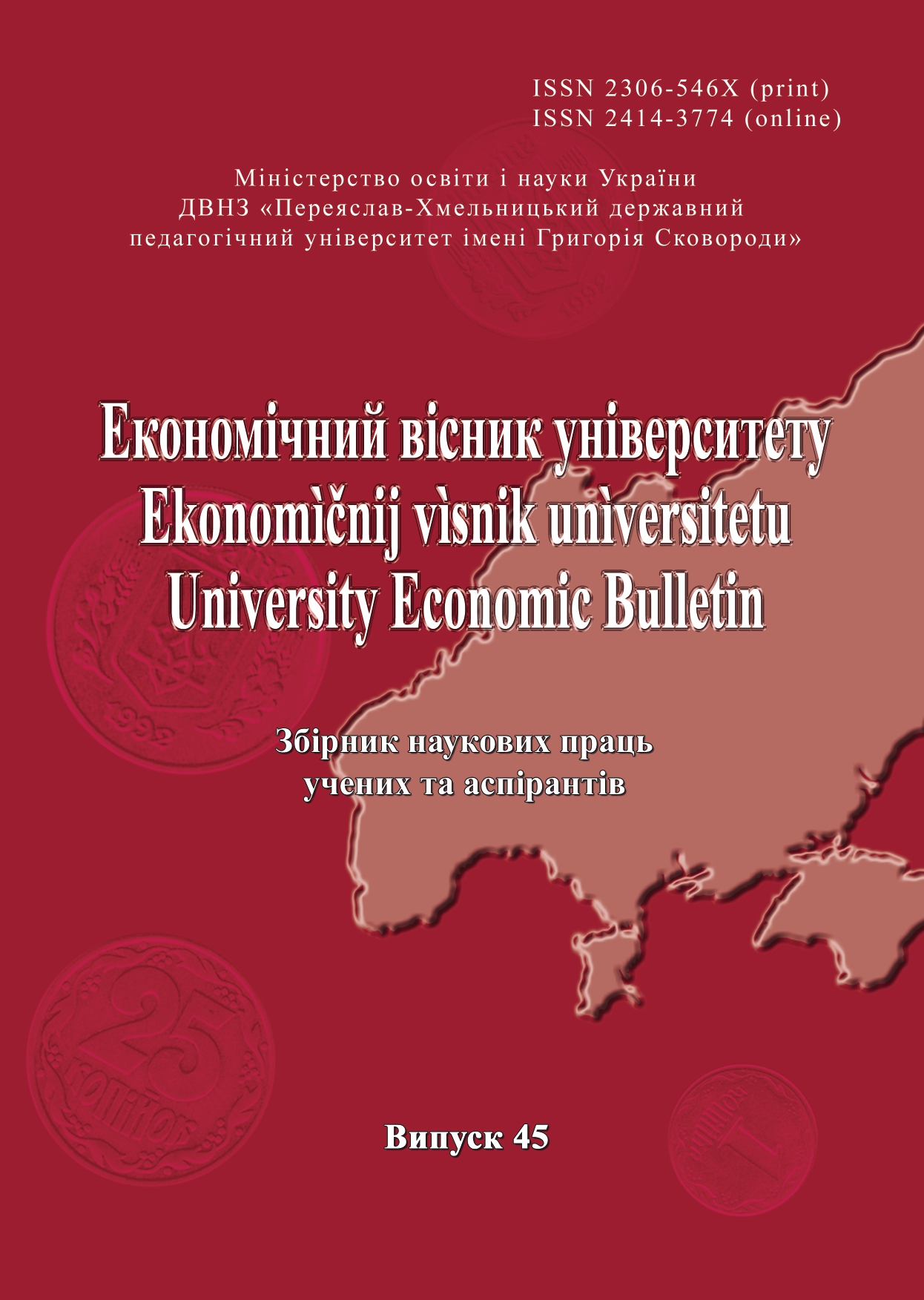Over 10 years of Bulgarian membership in EU: evaluation of bulgarian experience and conclusions about Ukraine
Over 10 years of Bulgarian membership in EU: evaluation of bulgarian experience and conclusions about Ukraine
Author(s): Hristo Katrandjiev, Vasil Liubenov KaniskovSubject(s): National Economy, Regional Geography, EU-Approach / EU-Accession / EU-Development
Published by: Університет Григорія Сковороди в Переяславі
Keywords: European Union (EU); Bulgaria; Ukraine; membership; citizens; challenges; experience; regulations and standards; euroscepticism
Summary/Abstract: Relevance of research topic. More than 10 years after Bulgaria's accession to the EU, there has been considerable “euroscepticism” among Bulgarian citizens. The study of attitudes towards Bulgarian membership in EU as well as the reasons determining these attitudes could be useful not only for Bulgaria but also for countries that are going to join the EU, including Ukraine. Setting the task, the purpose of the study: to clarify the public attitudes (in Bulgaria) towards the Bulgarian membership in European Union and to outline useful guidelines and conclusions that could help Ukrainian representatives in the process of negotiating (for joining EU). Method or methodology for conducting research. Stratified quota sample based on major socio-demographic attributes, face-to-face standardized interview in respondents’ homes. Results of work. The report analyzes the advantages as well as the challenges that Bulgarian people face more than 10 years later after joining European Union (EU). The analysis is based on the attitudes of Bulgarian citizens. Data is gathered by representative samples on the territory of Bulgaria. The authors try to make a logical parallel between Bulgaria and Ukraine and to formulate conclusions and practical guidelines that could help Ukraine to take better decisions in the process of negotiations for joining EU. Conclusions according to the article. Obviously, ten years is not enough time for the Bulgaria's full integration into the EU. However, there is a very high degree of unanimity that EU-future is the most optimistic scenario for Bulgaria. The following lines outline some important reasons for possible "euroscepticism" concerning Ukraine's future EU membership: nationalist movements and parties, fundamental differences of cultural values, the different nature of academic and educational systems, the unwillingness or inability to break the language barrier, non-adaptability of Ukraine's production technologies with those of developed European countries, the striking discrepancy between types of agricultural produce, different types/technology of agricultural production, predatory use of the country's raw material base, ecological degradation, double standards of products.
Journal: Економічний вісник університету
- Issue Year: 2020
- Issue No: 45
- Page Range: 146-151
- Page Count: 6
- Language: English

